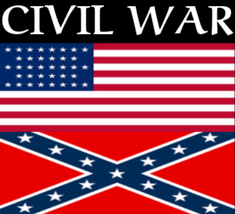
CIVIL WAR Series III - Notable Southern People
Last updated: Sunday October 10th, 2021
Report this blog
⚔CIVIL WAR SERIES:⚔
⚔NOTABLE SOUTHERN PEOPLE⚔
Brought to you by MrBLOGGER
Hello Jetpunkers! This is blog three of the Civil War Series - today you will be learning about Notable people from the South, or the Confederate states before/during/after the Civil war. As you may know, the South lost the war - and the people are the ones that run the show, whether it is Politics, Generals, or Nurses. I will show you 8 people, and I hope you will enjoy the blog!
Robert E. Lee
Robert E. Lee was the most powerful and fearful general of the Confederate states during the war, leading battles in dozens of wars. He was the backbone of the army of the South. He graduated from West point with other fellow generals, both North and South. He finished school in 1829. Later, Lee even fought in the Mexican-American war. After the south seceded, soon after, Lee became commander of the Army of Northern Virginia. In the early battles, he proved successful and won the Battles of Fredericksburg and Chancellorsville. He was rough in battle, but calm in peace. He himself did not like slavery or Secessionists, but he wanted to fight for Virginia. Later in the war, when Grant led his campaigns, his army got weaker. He was forced to surrender at Appomattox on April 9, 1865. After the war, he became the president of Washington College. He died in 1870.
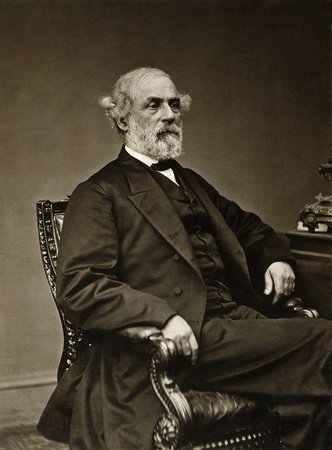
Thomas ¨Stonewall¨ Jackson
Thomas "Stonewall" Jackson was Lee's most trusted General. He was a fearful general and some people said he was born to fight. He shined it the battlefield and earned the nickname "Stonewall" after his fearful style of battle at Bull Run, in which his army stood strong and held their ground. In addition to Bull Run, he helped the South win other battles later in the war. He launched the Virginia bay campaign which sought to get closer to Washington D.C. It worked to some extent. Many people liked him although he was very ruthless. He died by friendly fire (shot by own men) at the battle of Chancellorsville.
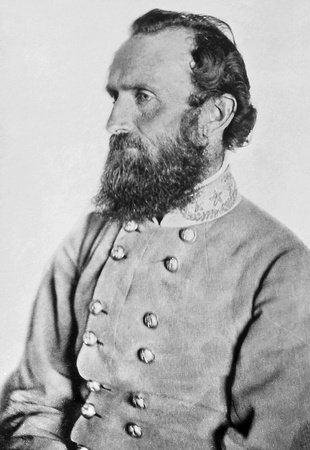
Nathan B. Forrest
Nathan Bedford Forrest was a tough Confederate general who was self-thought and always thought about moving forward. Throughout the war, he was known for his massive cavalry that traveled at fast speeds in the South. He actually started the war as a private and rose up in the ranks. He proved success in the battle of Fallen timbers but then it got marred to the losses at Shiloh and Vicksburg. However, in 1864, he did surround Fort Pillow. Many consider him to ruthless for the slaughtering of many people and prisoners. He was one of the last armies to surrender. He later founded the KKK after the war.
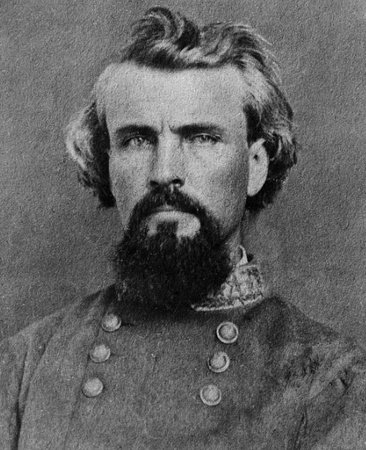
John Wilkes Booth
John Wilkes Booth, a southern sympathizer, is most associated with the assassination of President Abraham Lincoln. Before the war, he was just a normal southerner who was into acting and drama. In April of 1865, John Wilkes Booth learned that President Lincoln was attending Ford's Theater in Washington D.C with General Grant. Booth thought this as the best opportunity to topple the Union government - take out its leaders. Booth quickly put up a plan. Secretary William Seward and Andrew Johnson were to be killed by Booth's palls. On April 14, 1865, Booth snuck into the theater and shot Lincoln in the head. Lincoln died of wounds the next morning. The nation was in shock, and everyone turned sorrowful. Booth was found a week later and killed by the Federal Guards.
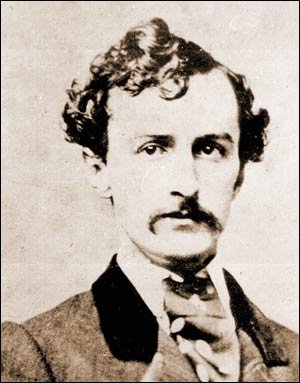
Alexander Stephens
Andrew Stephens was the first and only vice president of the Confederate States of America serving under Jefferson Davis. He grew up on a farm in Georgia, living a peaceful 30 years of his life. Before the war, Stephens was in the US Congress and also the Georgia senate. Just before the war, he got chosen to be the Vice President. On March 21, 1861, Stephens gave his famous Cornerstone Speech in Savannah, Georgia. Unlike Davis, he was enthusiastic about the job and often clashed with Jefferson Davis. This was one of the reasons that sparked the downfall of the South. During the 4 years, he worked very hard in making the Confederacy last longer and even met with Lincoln sometimes. After the war, he became the governor of Georgia - acting like the war hadn't even happened!
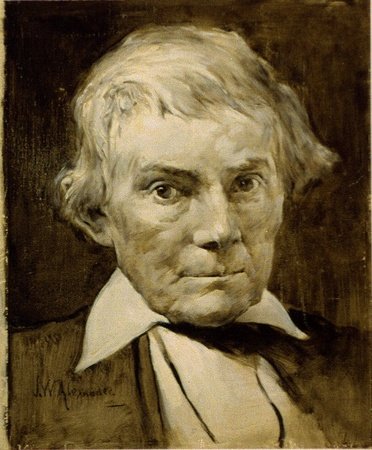
George Pickett
George Pickett was a Confederate General that most famously served in the brutal battle of Gettysburg. Early before the war, he graduated from West Point and served in the Mexican-American war. He was a 2nd lieutenant. During the battle of Gettysburg in 1863, Pickett's thought it would be a grand idea to lead an assault on one part of the Union Army and charge up Cemetery Ridge. Not only it was a failure, but over 6,000 soldiers died! The failed Pickett's charge made his career go to doom and he was in depression for the rest of the war. However, he was assigned to fight in later battles ordered by Lee, like the Petersburg campaign and 5 forks. He and Lee got successful at first, but then their army turned small and they had no choice but to retreat. He died in 1875.
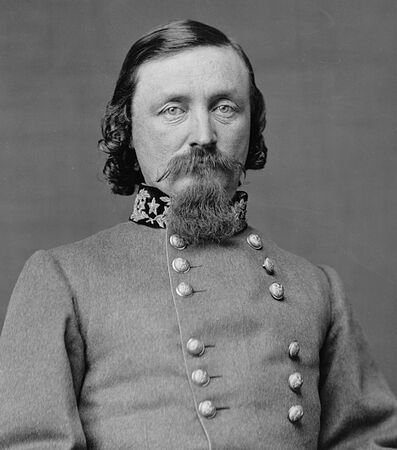
Jefferson Davis
Jefferson Davis was the only Confederate President, serving the entirety of the war. He was the mastermind of the South and made all the important decisions. His early life included graduating from West Point and marrying Varina Davis. Because he served in the US senate, he was called apon to be the Confederate president. He was surprised he won the election and at first didn't even want to be leader! However, he ordered a large army and of course made ties with Robert E. Lee. For most of the war, he stayed in his office at the Confederate capital of Richmond. When realizing that the south was going to lose in the end, he fled to Danville, just days before Richmond got captured. He was hard-working, but he was on the bad side. He went to prison but got freed years later, known as the former President of the no longer existing Confederacy.
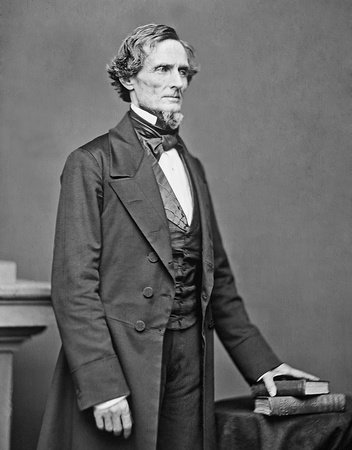
OTHER PEOPLE
Sally Tompkins was a confederate nurse who saved thousands of lives at her hospital.
Sam Watkins was soldier who kept a diary during the war.
James Longstreet was a Confederate general and one of Lee's pals who commanded a large army.
Don't forget to like and subscribe to show support if you liked this blog/the entire series. I hope you like this new series on the US civil war, I have 5 blogs left - I will post one like once every few days/week. Next, we will learn about early battles during the war. My All About series will continue afterward. Here are some handy links:
My blog page: MrBLOGGER'S blog
All about series: All about blogs!!!!
My fan group: MrBloggerARMY
Best wishes,
MrBLOGGER

However, I am not sympathizing with Davis, Forrest, Stephens, and Booth. They were radical southern fanatics who wanted to expand slavery. Stephens was even quoted as describing slavery as, "The Moral Truth of Racial Inequality." Slavery is still objectively wrong and crazy.